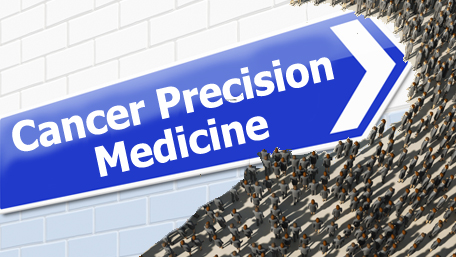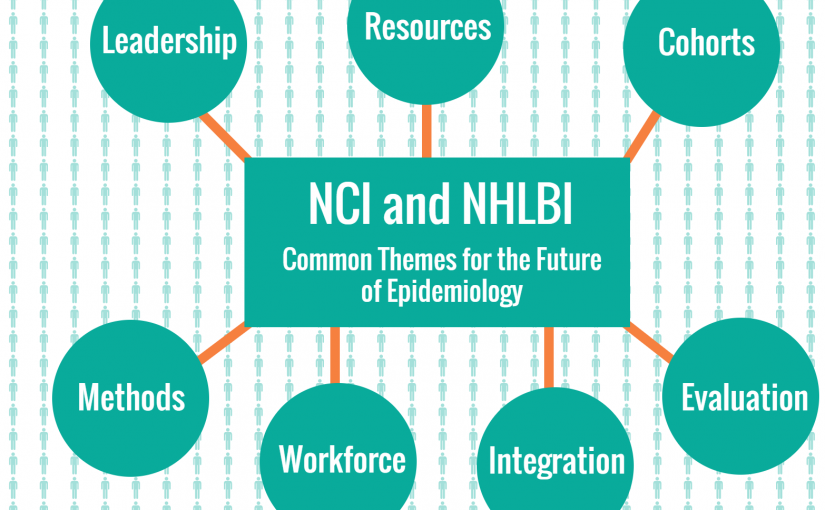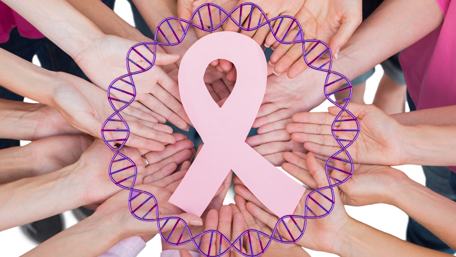Category: cancer
Cancer Precision Medicine: More Population Sciences Ahead!

We explore briefly the expanding role of population sciences in the implementation of the NIH Precision Medicine Initiative (PMI). The initiative includes a major component on cancer precision treatment, and a large scale cohort study program to generate knowledge applicable to all areas of health and disease, including cancer risk factors and outcomes. Genomics is Read More >
Posted on byRecommendations and Reality: What Personal Stories of Hereditary Cancer Can Tell Us

In public health and clinical medicine, recommendations for interventions are generally based on the evidence supporting improved health outcomes. Studies that inform these recommendations often focus on the evidence for benefits, especially when those benefits include lives saved. The harms that affect quality of life are more challenging to quantify and sometimes go unmeasured. Recommendations Read More >
Posted on by 1 CommentThe Future of Epidemiology in the Age of Precision Medicine: Cancer, Cardiovascular Disease, and Beyond

We live in the era of “Big Data.” Evaluating the health impact of large scale biological, social, and environmental data is an emerging challenge. Epidemiology, the study of the distribution and determinants of human disease in populations, is a foundational science of public health and provides important insights for medical practice and disease prevention. Epidemiology has Read More >
Posted on by 1 CommentUsing Genomics in Precision Prevention of Breast Cancer

Breast cancer is the most common cancer in women in the United States. It is estimated that 3%-5% of breast cancer cases are hereditary, most often involving mutations in BRCA1 and BRCA2 genes. Such mutations confer high lifetime risk of breast and ovarian cancer. The United States Preventive Services Task Force has issued specific recommendations Read More >
Posted on byHuman Disease and Bad Luck: Acting on Genetic & Environmental Factors to Reduce Cancer Risk

In January 2015, a paper in Science created a “buzz” in the scientific community and the media. Based on statistical modelling, the authors suggested that “only a third of the variation in cancer risk among tissues is attributable to environmental factors or inherited predispositions. The majority is due to ‘bad luck,’ that is, random mutations Read More >
Posted on by 1 CommentMaking Universal Screening for Lynch Syndrome a Reality: The Lynch Syndrome Screening Network

Every day, about 400 people in the United States are diagnosed with colorectal cancer. Approximately twelve of them have Lynch syndrome, a hereditary condition that increases the risk of colorectal cancer and other cancers. Identifying people with Lynch syndrome could have substantial health benefits for them, their families, and communities. Read More >
Posted on by 1 Comment

